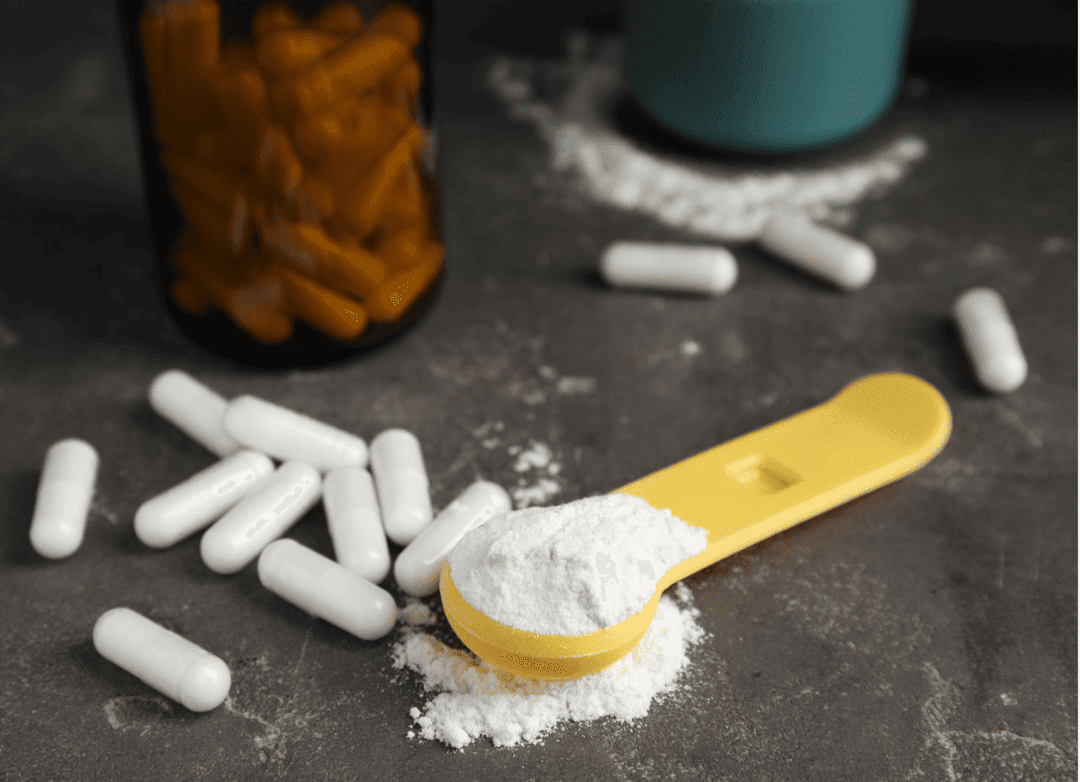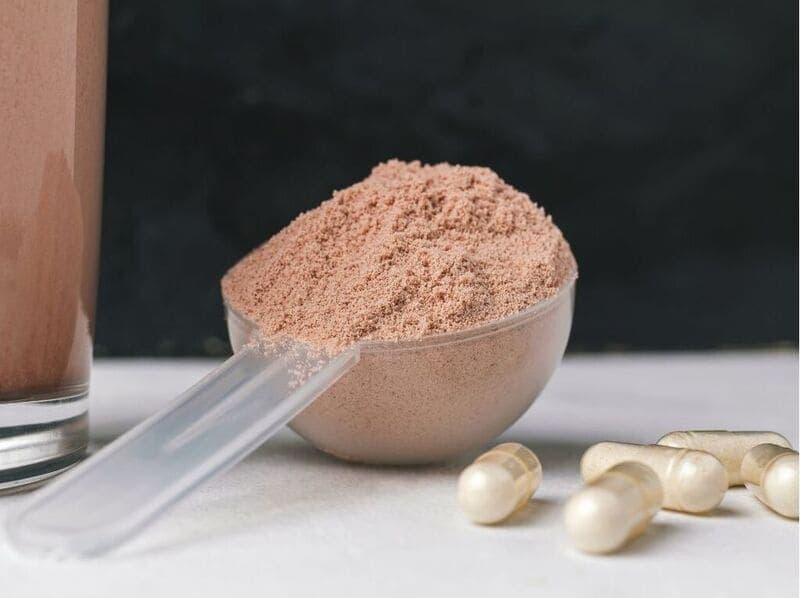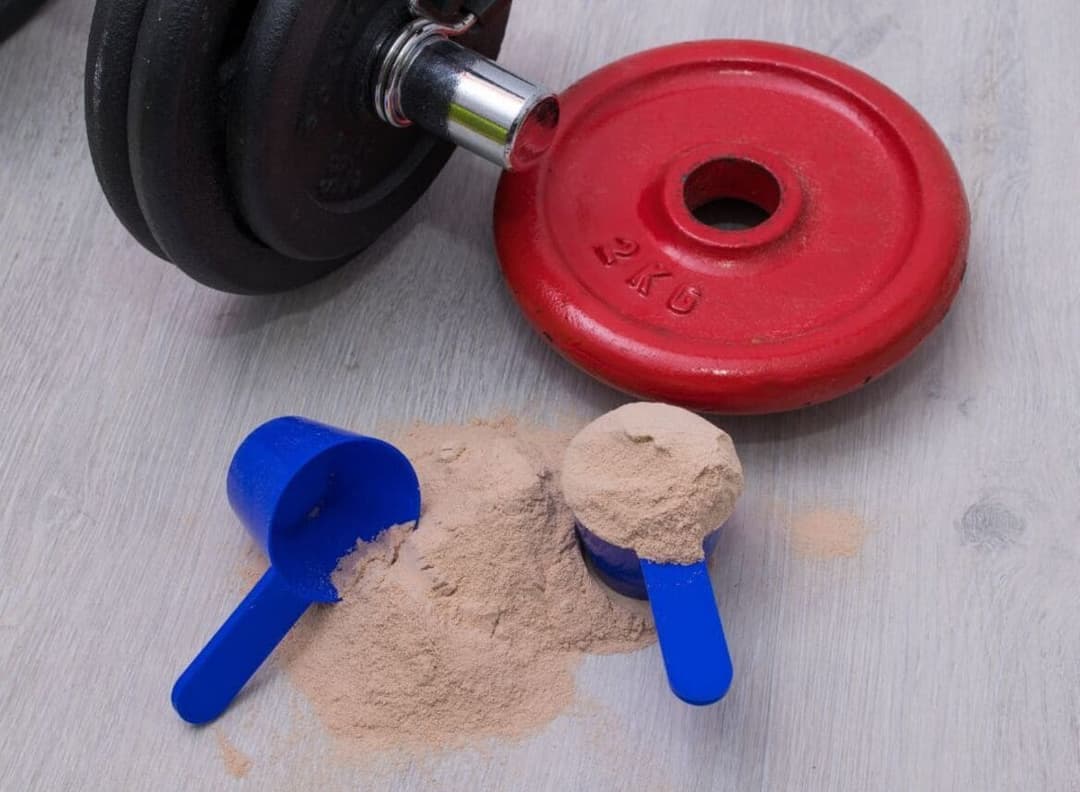History of Creatine: From 19th-Century Curiosity to Modern Fitness Essential
I remember the first time I heard the word A Curious Discovery in 19th-Century FranceTo truly appreciate creatine—especially if you’re hunting for the At that time, Chevreul probably didn’t realize his discovery would spark such a transformation in the world of sports, bodybuilding, and overall wellness. Perhaps he just shrugged and moved on to his next experiment. But by giving a name to this curious compound, he opened the door to a future where athletes, weekend warriors, and even the occasional office worker would rely on creatine to power through grueling workouts and chase personal records. Today, you’ll find creatine in glossy supplement advertisements and in tiny scoops in your gym buddy’s shaker bottle—a far cry from the quiet laboratory benches of 19th-century France.The Twists and Turns of Creatine’s Early HistoryAs creatine meandered its way through the scientific community, it piqued the interest of another formidable figure in the world of chemistry: Throughout the late 1800s, scientists conducted small studies and wrote papers attempting to connect the dots between creatine and human performance. But these early inquiries were rather timid; the researchers didn’t yet grasp the full potential of creatine. It was simply this intriguing substance that popped up in meat, in the bodies of wild animals, and (to varying degrees) in us. Little did these 19th-century investigators know that, one day, their dusty old notebooks would be pored over by modern fitness fanatics trying to optimize their squat PRs.The 20th Century: Lifting Off into Popular CultureJump ahead to the 20th century, and we find creatine taking tentative steps out of the laboratory and into the realm of elite sports. By the mid-1900s, nutrition scientists had a better handle on how the body uses creatine—particularly its role in supplying short bursts of energy for high-intensity exercise. Still, outside of a few academic circles and perhaps a handful of forward-thinking coaches, the broader public was blissfully unaware of its potential.Then came the 1990s, when creatine finally burst onto the mainstream fitness scene. Suddenly, rumors circulated that certain Olympic athletes were raving about faster recovery times and improved strength after incorporating this “new” supplement. Gyms, health shops, and muscle magazines hopped on board, touting creatine as a game-changer. And indeed, in many ways, it was.If you flipped through a fitness magazine during this time, you were bound to see some bold claims: “Add 50 pounds to your bench press in just four weeks!” or “Pack on muscle mass overnight!” While these promises were often exaggerated (as marketing claims tend to be), they did capture a kernel of truth. For many people, creatine genuinely made a noticeable difference. Athletes from sprinters to weightlifters to football players began to incorporate it into their daily routines, seeking that extra edge under the bright stadium lights.My Own (Sometimes Chaotic) Relationship with CreatineConfession time: I’ve had a love-hate relationship with creatine for as long as I can remember. In college, as I hoisted that tub of chalky powder, I assumed I’d discovered the magical key to athletic dominance. Instead, I spent a week complaining about “creatine bloat,” convinced that every glass of water made me puffier than a marshmallow.Of course, what I’d failed to realize was that my body was simply drawing water into my muscle cells—a perfectly normal process. With time (and some actual research on my part), I saw real benefits: more power in my workouts, shorter breaks needed between sets, and the kind of subtle muscle fullness that made me feel a bit more confident in the mirror. Creatine wasn’t making me an overnight superhero, but it gave me a nudge in the right direction.Seeking the Best Creatine: Where Do You Start?Nowadays, the question I get from friends and family is, “Which is the That’s not to say other variants—like creatine hydrochloride, buffered creatine, or micronized creatine—don’t have their fan clubs. Some users claim better solubility or fewer digestive issues. As for me, I’m a “keep it simple” sort of person. Monohydrate has been around forever, has the bulk of the evidence behind it, and typically costs less than its fancy cousins. If something works reliably for thousands of others, I figure it’ll probably work for me too.Your mission, should you choose to accept it, is to find whichever form feels the most comfortable for your body and budget. It’s a bit like choosing your favorite brand of sneakers—if you can walk (or in this case, lift) in them comfortably and effectively, then you’ve likely found your perfect match.The Practical Bits—With a Dash of SkepticismLet’s step back for a moment. A big part of me wants to wax poetic about the majesty of creatine, but it’s also important to remember not everyone experiences the exact same benefits. Some people see dramatic strength gains; others just notice they recover from workouts a tad faster. And a small subset claims they don’t feel much at all.To be fair, creatine won’t transform you into the Incredible Hulk overnight, nor will it do all the heavy lifting for you—pun very much intended. You still have to grind it out in the gym, run those extra sprints, and maintain a decent diet if you want real results. But if you’re looking for something that could give you a slight boost in power or help you eke out an extra rep or two, creatine is usually a safe bet.A side note: It’s crucial to stay hydrated, especially when you’re supplementing. Drinking enough water is the kind of boring advice that might make your eyes glaze over, but it matters. Anyone who’s experienced the infamous dehydration headaches mid-workout knows the value of an extra bottle of water on hand.Reflecting on the JourneyWhat I find most intriguing about creatine’s story is how it started as an unassuming discovery in 19th-century France and blossomed into a multi-million-dollar global industry. It underscores the beautiful randomness of science—sometimes the most impactful breakthroughs come from small observations: a certain compound in meat, a slight difference in the muscles of wild animals, or a sports team that tries something new and sees extraordinary results.I often wonder: If Michel Eugène Chevreul were around today, how would he react to seeing his name linked to such a bustling market of workout powders? I picture him politely adjusting his spectacles, maybe chuckling at the array of fruit-flavored creatine blends lining store shelves. The pure curiosity that drove him to study meat in the first place has now fueled generations of athletes, researchers, and yes, even that scrawny freshman version of me, rummaging for a leg up in the weight room.So, Which Is the Best Creatine for You?We’ve all grown a bit wiser since those early days of hype. We know creatine isn’t a magic wand, but it’s hardly snake oil. It’s a scientifically backed supplement that may help you edge closer to your performance goals—providing you’re willing to put in the work. And while plenty of folks will passionately defend their favorite subtypes, creatine monohydrate consistently emerges as the top dog in terms of evidence and reliability.If you’re exploring the Final Thoughts: Embracing the Story Behind the ScienceIn a world bursting with quick fixes and flashy new supplement launches every other month, there’s something comforting about creatine’s longevity. It’s remained a staple for decades, constantly put under the microscope by inquisitive scientists, championed by athletes, and misunderstood by its fair share of skeptics. And yet here we are, still talking about it in hushed, reverent tones at gyms across the globe.Part of what draws me to So, if you find yourself sitting at the kitchen table, staring at a tub of powder, remembering an offhand comment from a muscular friend in a college dorm, take a moment to savor that connection. You’re part of a chain of curiosity, exploration, and maybe even a little wonder. And if you happen to discover the best creatine formula for your goals, all the better. Just don’t forget to enjoy the ride—after all, the thrill of self-improvement is half the fun.








